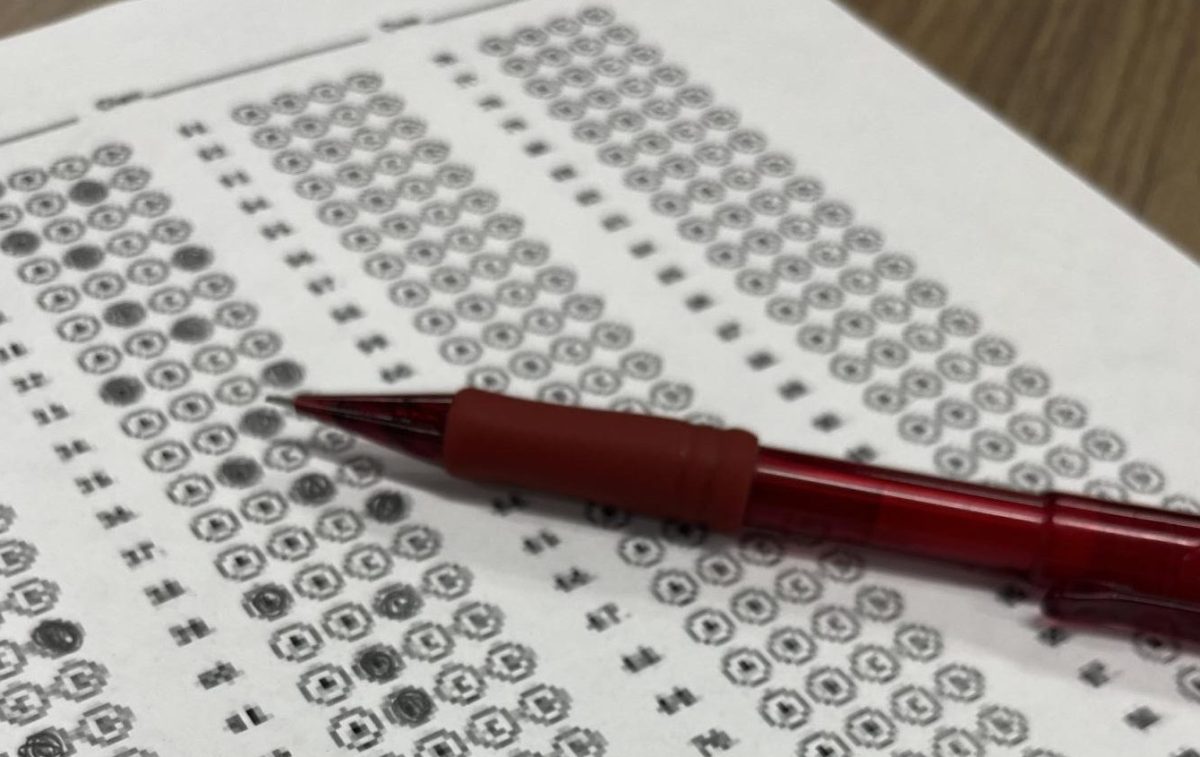South has been administering the SAT since the school’s founding in 1962, but now, a major aspect of the test is about to change, Cameron Muir, Associate Principal of Curriculum and Education explained. Starting in the Spring of 2024, South, along with all high schools across the country, will be administering the SAT digitally, Muir said.
College Board, a non-profit association that organizes and administers standardized tests such as the SAT and ACT, made the decision to turn SATs electronic across the country. According to the College Board’s website, students will use a custom-built digital exam application on a laptop or tablet to take the test. Muir outlined what this shift will look like for South.
“College Board made the decision to make the SAT, PSAT 9, PSAT 10, PSAT and SATs [digital],” Muir said. “[South] has to follow whatever [directions] that they have, [and] they have moved everything to digital.”
The electronic SAT allows for a shorter, more adaptive test. The types of questions on the test change based on a student’s previous answers. Muir explained.
“If you answer a few questions correctly within a particular area, [the test is] not [going to] ask you questions like that again,” Muir said. “This will make [the questions] more difficult, but will also increase the score.”
While this short test is appreciated by some, other students, like junior Colin Schuberth, are apprehensive about this change.
“Having [the test] on paper I can see [the physical copy] in front of me, [which is] so much more helpful,” Schuberth said. “The digital format is probably going to be a pain.”
Additionally, Schuberth is concerned – about technological issues that could arise and believes – that the switch from paper to digital tests can potentially result in technological malfunctions.
“I can imagine there being a lot of problems [when using technology] for a standardized test,” Schuberth said. “It would [be unfortunate] if someone’s test got [disrupted] because of digital [issues].”
However, Muir said that District 225’s technology department can manage the technological demand for digital tests.
“I’m assured by our tech department that our wireless system will be able to handle the [digital SAT],” Muir said. “The technical difficulty we are worried about is on a student-by-student basis, more so than [with the technical department].”
Nevertheless, some students, like junior Quinn Blandford, are looking forward to this digital shift because of the possibility that it might be better than paper tests. Blandford explained his hopes that the digital SAT might be easier than past paper SATs he has taken.
“I am optimistic about the digital SAT because I think it will be easier than the paper,” Blandford said. “I have taken paper SATs in the past and I think that the digital [SAT] will be a lot easier.”


